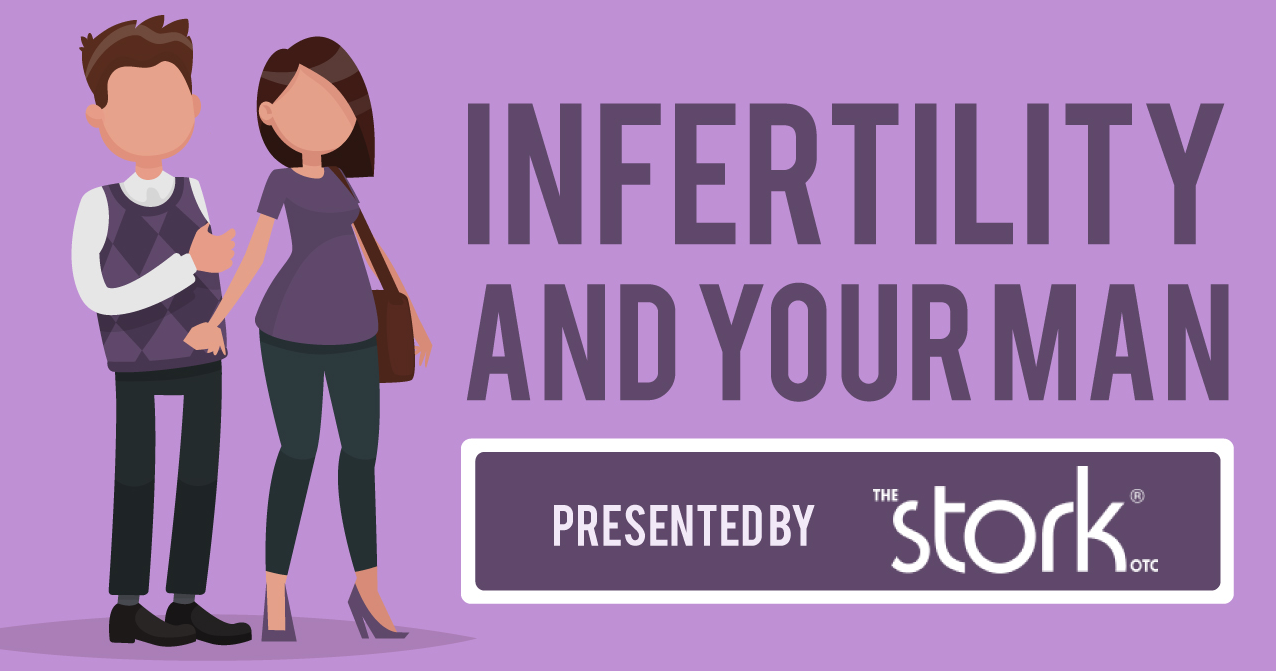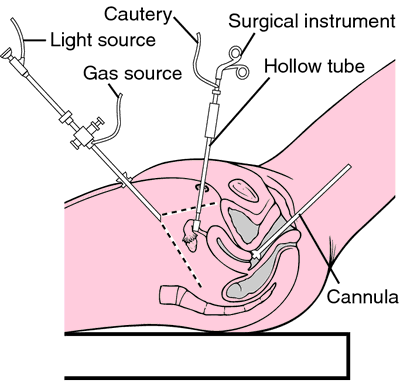Painful periods, heavy menstrual bleeding and pain during defecation--all symptoms suggestive of that notoriously painful uterine lining disorder called endometriosis. Affecting up to one in 10 women, you probably know someone--a sister, aunt or friend--who suffers from these crippling cramps. What you may not know about endometriosis however, is that it is a leading cause of infertility.
The relationship between endometriosis and infertility is a little confusing. Several studies have shown that 30 to 50-percent of women with endometriosis are infertile and that 25 to 50-percent of all infertile woman have endometriosis. So, while there is a definite association between the two, having one does not necessarily mean you have or will develop the other.
One really useful way to look at the effect that endometriosis has on fertility is through a concept called fecundity. Fecundity is the probability of a sexually active woman achieving a live birth in any given month.
For healthy young women, that rate is 15 to 20-percent per month. This is often surprising to many people given that you probably also know someone who has gotten pregnant by accident or even through failed contraception.
The reality is that numerous steps need to go right for conception to occur. One of these steps is having a clear pathway for egg and sperm to meet. If inflammation or adhesions block the passageway, infertility can result, and this is likely the reason that fecundity for a woman with untreated endometriosis is only two to 10-percent per month.
The reason for such high infertility rates among endometriosis patients likely has to do with dense adhesions from endometrial tissue implants that seed the pelvis and interfere with the normal fertilization process.
Other proposed causes that have not yet been proven include having distorted pelvic anatomy from these adhesions, a higher than normal volume of peritoneal fluid with increased white blood cells and protein enzymes, and deficiencies of certain molecules within the endometrium itself.
With such a significant risk for infertility, the next question is what to do about treatment. Oral medications like danazol and combined oral contraceptives can play a huge role in alleviating pain symptoms, but there is no evidence to support their role in increasing fecundity.
At this point, doctors might turn to surgery as laparoscopic ablation of any visible adhesions has been shown to help. What's worth noting here though, is that while surgical ablation increases fecundity for women with actual scarring, (some studies say it even doubles the percent) that value still isn't up to par with a normal healthy woman.
Because options for treatment can be confusing, a practice committee from the American Society for Reproductive Medicine recommends the following: if the endometriosis is bad enough, a woman should first try surgery and then if no success, consider in-vitro fertilization (IVF)--a procedure that bypasses any blocked tubes or internal adhesions.
In women with milder endometriosis, they recommend either expectant management (watchful waiting) or using surgery followed by stimulation hormones and intra-uterine insemination (IUI).
A final point to consider for anyone who suffers from endometriosis and is thinking about conceiving: pregnancy is definitely a possibility for many women, it just may take longer and be a more challenging path.





Add a CommentComments
There are no comments yet. Be the first one and get the conversation started!